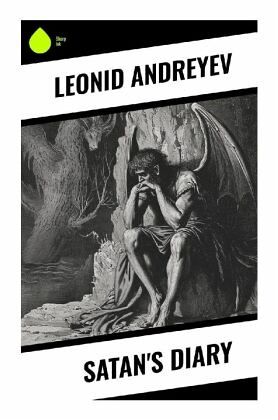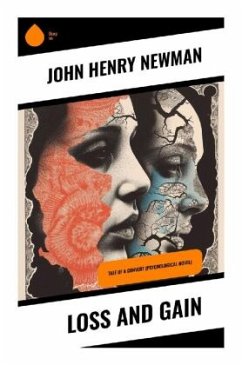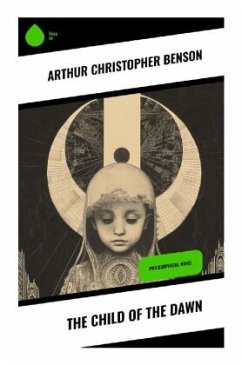
Satan's Diary
Versandkostenfrei!
Versandfertig in 6-10 Tagen
9,20 €
inkl. MwSt.

PAYBACK Punkte
0 °P sammeln!
In 'Satan's Diary,' Leonid Andreyev delves into the psyche of the ultimate antihero-Satan himself. Through a series of introspective entries, the text reveals the complexities of evil, existential dread, and the profound contradictions inherent in human nature. Andreyev employs a unique literary style that blends symbolic narrative with incisive psychological insight, positioning the work within the context of early 20th-century Russian literary movements that grappled with themes of nihilism and metaphysics. The diary format invites readers to explore the richness of Satan's character, juxtap...
In 'Satan's Diary,' Leonid Andreyev delves into the psyche of the ultimate antihero-Satan himself. Through a series of introspective entries, the text reveals the complexities of evil, existential dread, and the profound contradictions inherent in human nature. Andreyev employs a unique literary style that blends symbolic narrative with incisive psychological insight, positioning the work within the context of early 20th-century Russian literary movements that grappled with themes of nihilism and metaphysics. The diary format invites readers to explore the richness of Satan's character, juxtaposed with human fallibility, as he reflects on divine justice, morality, and the absurdity of existence. Leonid Andreyev was a prominent Russian writer, born in 1871, whose own struggles with depression and existential angst profoundly shaped his literary output. Influenced by the socio-political turmoil of his time, and disillusioned by the decline of Tsarist autocracy, Andreyev sought to portray the darker facets of the human condition. His exploration of evil, as epitomized in 'Satan's Diary,' may be seen as a response to the moral ambiguities of his era, reflecting a deep engagement with the philosophical inquiries prevalent among his contemporaries. 'Satan's Diary' is a compelling read for anyone interested in the intricacies of morality and the human experience. It serves as both a philosophical inquiry and a literary masterpiece that challenges readers to reconsider the boundaries between good and evil. Andreyev's work continues to resonate with modern audiences, making this text not only relevant but necessary for those seeking a profound understanding of humanity's darker impulses.












